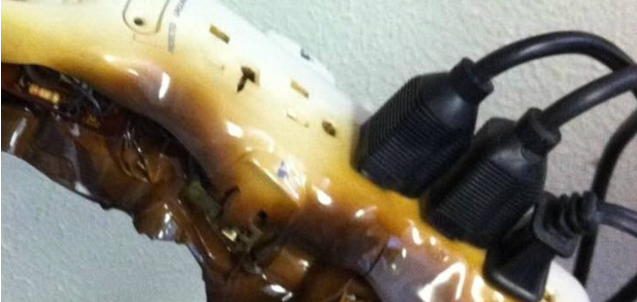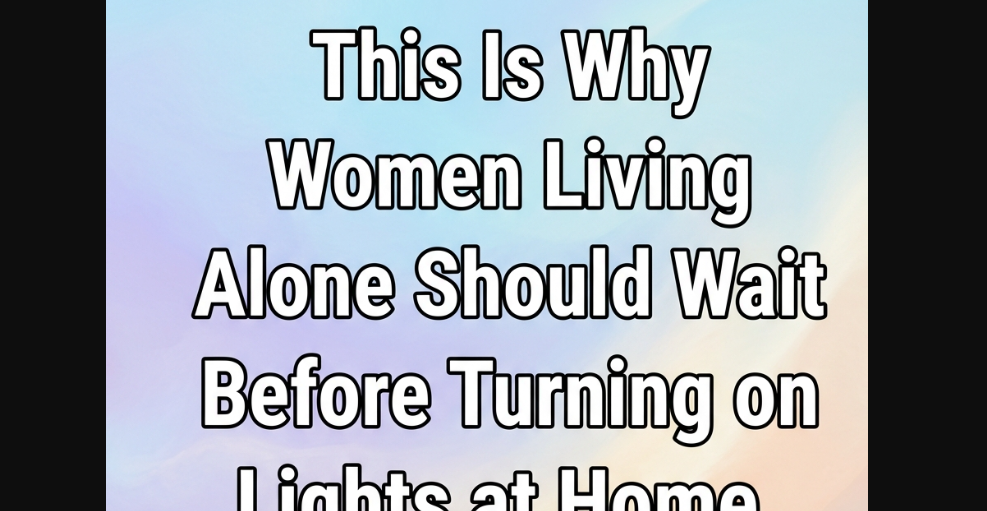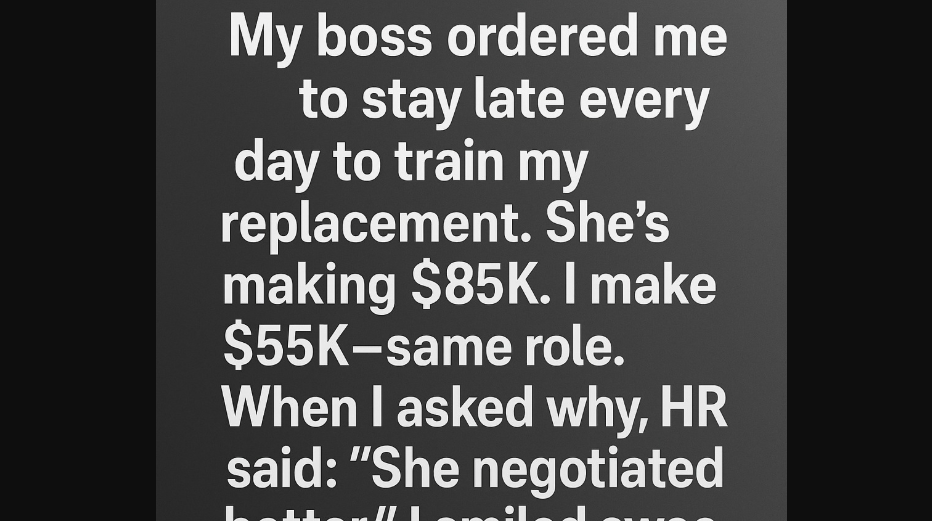As winter descends on the northern hemisphere, heating systems are turned on, and many people retrieve space heaters from storage. Firefighters emphasize that these devices should never be plugged into power strips.
Never Plug Space Heaters into Power Strips
As temperatures drop, people around the world rely on space heaters for warmth. To ensure safety during the space heater season, Oregon firefighters have issued crucial advice. Their top tip? Never plug a space heater into a power strip. The Umatilla County Fire District #1 in Hermiston, Oregon, warned on Facebook, “These units are not designed to handle the high current flow needed for a space heater and can overheat or even catch fire due to the added energy flow.”
A Fire Hazard: Plugging into Power Strips
The Oregon Fire Department is not alone in offering safety tips for space heaters. The Toledo Fire Department in Ohio released a similar warning after a house fire caused by improper space heater use. The heater set a couch on fire, engulfing the entire house in flames. Space heaters can reach temperatures up to 600 degrees Fahrenheit, making safe usage essential. Their recommendations include:
- Never plug a space heater into a power strip; always use a wall outlet.
- Maintain at least three feet of space around the heater.
- Always supervise the heater while it’s on; never leave it running while asleep or in another room.
- Place heaters on level, flat surfaces.
- Avoid putting heaters on cabinets, tables, furniture, or carpets.
Preventing Electrical Fires at Home
Electrical fires can be prevented even during the coldest months. Here are our top tips for staying fire-safe this winter and throughout the year:
- Unplug Heat-Producing Devices When Not in Use: This includes hair styling tools, kettles, and heaters. Anything that generates heat can overheat and catch fire if left on too long or if there’s an electrical surge.
- Use Extension Cords Temporarily: Extension cords are meant for temporary use only. If you need more outlets, have an electrician install them.
- Preserve the Third Prong: The third prong on a power cord protects against power surges and malfunctions. Upgrade two-pronged outlets to enhance safety.
- Update Your Electrical System: Older homes may have outdated electrical systems. Have an electrician inspect and possibly upgrade your system to prevent overheating and fires.
- Avoid Using Damaged Power Cords: Do not use cords that are frayed, have broken prongs, are loose from the plug, or are cracked.






